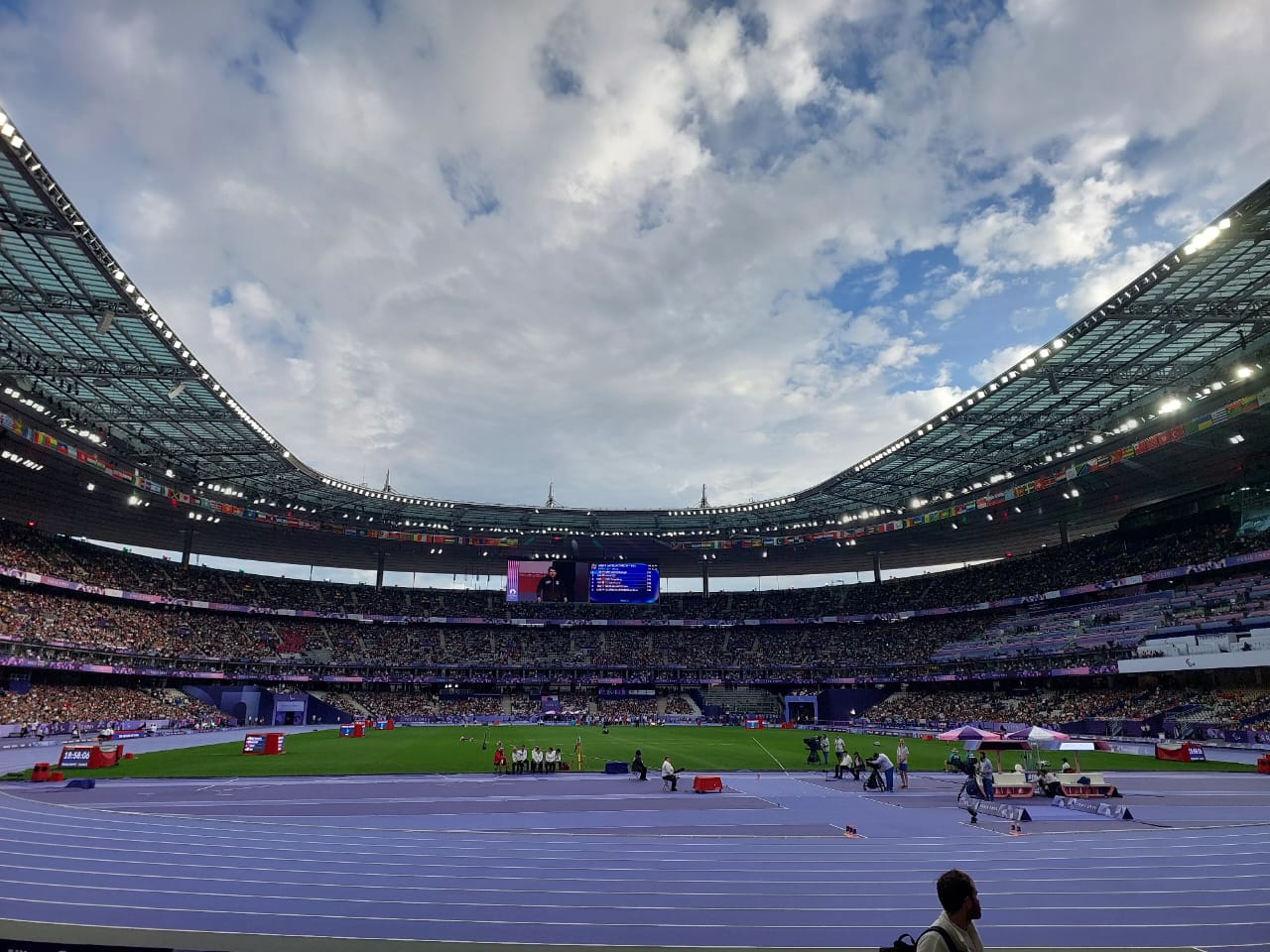In the last installment of our Paralympics series, we delved deeper into the role that Motivation plays in helping Paralympians excel at their sports. The motivation to attain mastery in a sport and to achieve success remains a crucial factor in their realizing their sporting career. But have you ever wondered where this unwavering motivation, to keep going in spite of the hardships thrown at them by life, comes from?
Trevor Jenifer, an American Paralympic Wheelchair Basketball Athlete says, “For the entirety of my life, I’ve been stared at because I’ve been different. You know, kids have stared at me, parents have stared at me, and it’s just because I didn’t have any legs. And now we’re changing that perspective—you could stare at me, but now you’re staring at me because I’m a two-time Paralympic gold medalist, I’m a father, and I’m a full-time employee with the federal government. I want people to know that there’s life outside of my disability. I don’t let my disability identify who I am. All these other things do. So it’s not just about the sport—it’s outside of sport. We’re demolishing the stigmas that surround disability.”
When we read this statement, the question that pops up first in your mind is, how does one develop such a strong sense of identity even when one is deemed to be different from the rest of the world? This strong sense of identity comes from an equally strong sense of self worth and belief in one’s abilities. In psychological terms, we call it Self-Esteem. In simple words, Self-esteem is how you feel about yourself, and the value you place on yourself. It’s based on your beliefs and opinions about yourself. Self-Esteem is a crucial factor when it comes to sport as it has an impact on the athletes confidence, their performance, their body image, their social relationship and on many such factors.
Kapil Parmar, a visually challenged but tremendously cheerful Indian Paralympic medalist, experienced repeated abuses from his fellow villagers when he first started para-judo eight years ago, but it only fueled his drive to do something meaningful with his life. On September 4, Parmar, 24, became India’s first Paralympic medalist in judo, winning bronze in the men’s 60kg (J1) category at the Paris Games. “When I decided to start para judo in 2017, some people of my village taunted me about how I would play the sport as I can’t see but you always move ahead because of these taunts only,” Parmar told PTI in an interview.
Self-esteem starts developing from childhood and is affected by one’s upbringing, their life experiences, their achievements as well as their setbacks. One must always work hard to build a positive self image for themselves. Now this becomes even more challenging when one is born with a disability that hampers their daily functioning or when one loses one or more of their abilities to unfortunate incidents. Yet our Paralympians have proved to us that it might be tough but not impossible. When one strongly believes in their abilities and in the effort that they are putting in, in mastering a particular task, no disability can stop them from realizing their full potential.
Let’s have a look at what learnings we can take away from our Paralympians and how we as athletes can enhance our self-esteem –
- Prepare, Don’t Compare – You are your biggest competitor, and you must always strive to be better than yourself. By comparing ourselves with others we tend to reduce our self esteem by putting a negative filter on it.
- Recognise your Strengths – We all know what we are bad at, but it is rather more important that we know what we excel at. Our strengths are the steps that help us up the ladder of success.
- Call it ‘Areas of Improvement’ rather than ‘Weaknesses’ – Our own mindset plays a role in determining whether we get better or stay stagnant. When you believe that you can always improve upon a particular aspect, growth is bound to happen.
- Set Realistic Goals – Dream Big, but when you prepare a roadmap to achieve those goals, set targets which are realistic and achievable in your current time frame.
- Use Positive Self- Talk – Make a list of positive self-statements and read them to yourself every morning and night, or everytime you feel low on motivation.
- Solve the Problem – When a problem situation arises think, “How can I make it better?” Or “How can I contribute towards solving this problem?” rather than feeling sad about why it happened to you.
Self-esteem is an integral part of one’s identity, and athletes must take special care that they do not let their self-esteem go down, even in the face of setbacks. It is in those difficult moments that we need it the most. All individuals are different and unique in some way or the other, however, it is up to us how we make sense of our identity. Just like our Paralympians, we need to hold our heads high as we face the challenges that come.
To learn from our Paralympians and get more glimpses of their journey, follow our blog series India at Paralympics!
Rasika Kalgutkar, Sports Psychologist, Mindsports

Great 👍🏻